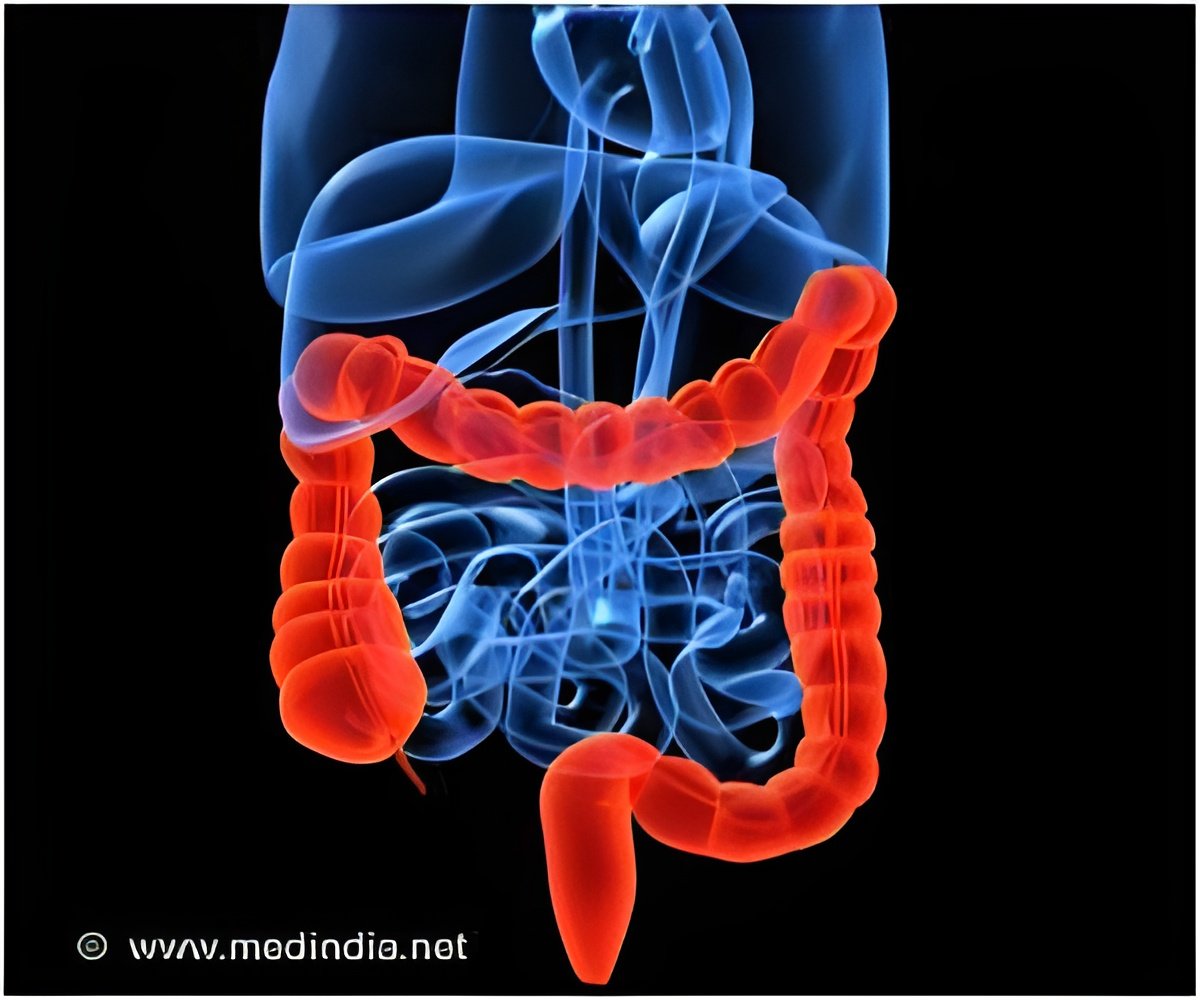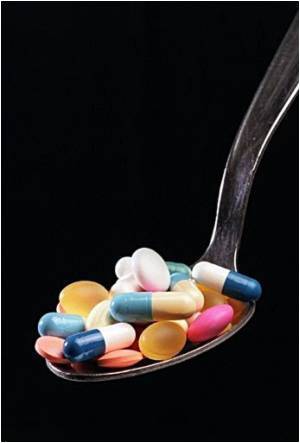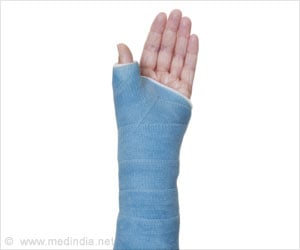
‘Small protein molecules called microcins, produced by beneficial gut microbes, play a critical part in blocking certain illness-causing bacteria in inflamed intestines.’
Tweet it Now
In their study, the researchers show that a probiotic strain of E. coli called Nissle 1917 utilizes microcins to inhibit the pathogen salmonella and an invasive form of E. coli (isolated from patients with inflammatory bowel disease)."Although an in vivo role for microcins has been suggested for 40 years, it has never been convincingly demonstrated," said Raffatellu, who's affiliated with UCI's Institute for Immunology. "We hypothesize that their role was missed because, as our data indicate, microcins do not seem effective in noninflamed intestines. In contrast, we show that in an inflamed intestine, microcins help a probiotic strain limit the growth of some harmful bacteria."
She added that microcins are essential for the therapeutic activity of E. coli Nissle, and her next step is to purify microcins and test whether they can be given as targeted antibiotics.
Source-Eurekalert















